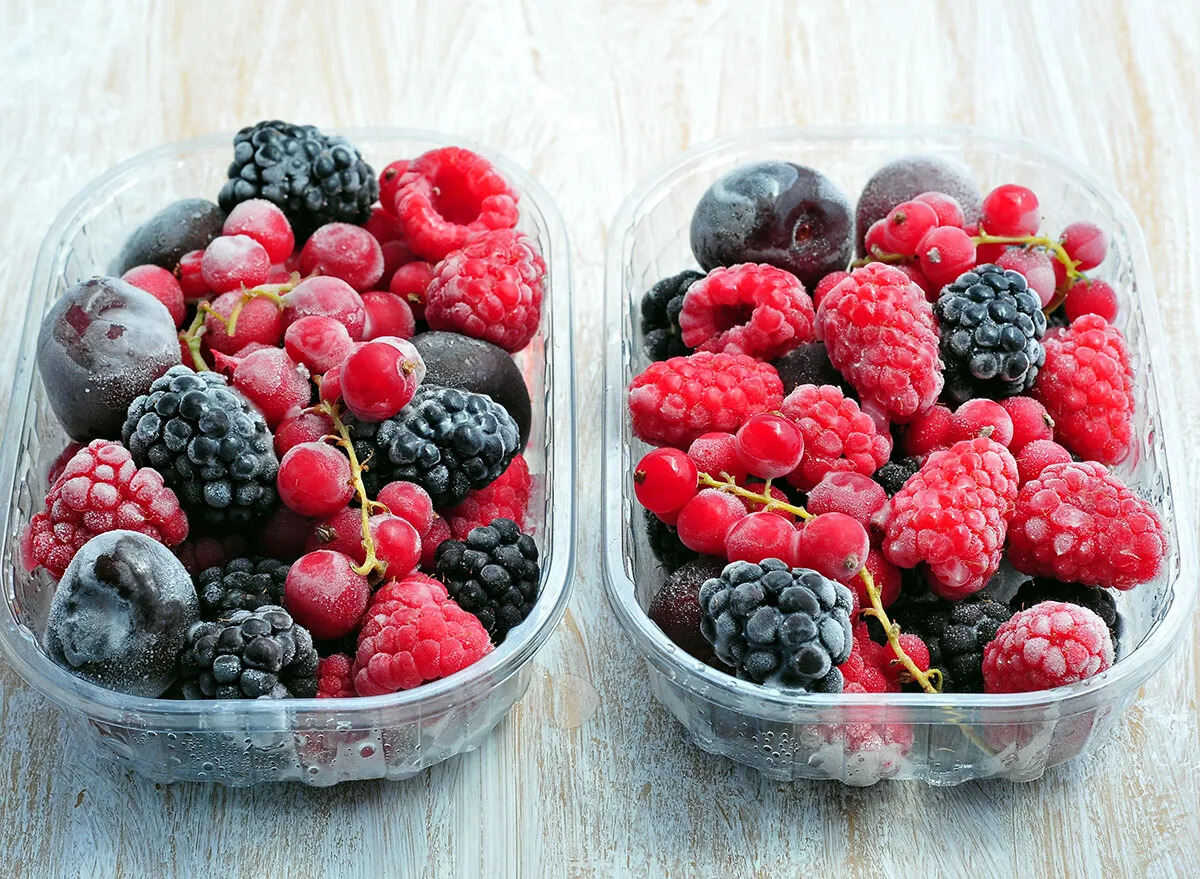

Articles
How To Store Blackberries In The Fridge
Modified: December 7, 2023
Learn the best techniques for storing blackberries in the fridge to keep them fresh for longer. Our articles provide helpful tips and insights.
(Many of the links in this article redirect to a specific reviewed product. Your purchase of these products through affiliate links helps to generate commission for Storables.com, at no extra cost. Learn more)
Introduction
Blackberries are delicious and nutritious fruits that are enjoyed by many. They are packed with vitamins, minerals, and antioxidants, making them a fantastic addition to any diet. However, like all fruits, blackberries have a limited shelf life once they are picked or purchased.
To ensure that your blackberries stay fresh and tasty for as long as possible, it is important to store them properly. One of the best ways to keep blackberries fresh is by storing them in the fridge. In this article, we will discuss the benefits of storing blackberries in the fridge, as well as provide some tips and tricks to maximize their shelf life.
By following these guidelines, you can enjoy juicy and flavorful blackberries long after you bring them home from the store or harvest them from your garden.
Key Takeaways:
- Keep blackberries fresh by storing them in the fridge. This helps maintain their taste, texture, and nutritional value for up to a week, ensuring you can enjoy them at their peak freshness.
- Properly preparing, storing, and washing blackberries can extend their shelf life and prevent spoilage. Avoid common mistakes and discard any spoiled berries to ensure food safety.
Read more: How To Store Blackberries
Why Store Blackberries in the Fridge
Blackberries are delicate fruits with a relatively short shelf life. Storing them at room temperature will cause them to ripen and spoil quickly. However, by storing blackberries in the fridge, you can significantly extend their freshness and maintain their taste and texture for a longer period of time.
The low temperature of the refrigerator helps to slow down the growth of bacteria and fungi that can cause spoilage. Additionally, the cool environment of the fridge helps to reduce dehydration, which is one of the main factors that accelerate the deterioration of blackberries. By keeping blackberries in the fridge, you can enjoy them at their peak freshness for up to a week.
Another reason to store blackberries in the fridge is to preserve their nutritional value. Blackberries are rich in vitamins C and K, as well as antioxidants that support immune function and promote overall health. However, exposure to heat and light can lead to the degradation of these nutrients. By refrigerating blackberries, you can help retain their nutritional potency, ensuring that you reap the full benefits when you consume them.
Furthermore, refrigeration helps to maintain the delightful texture of blackberries. When blackberries are stored in a cool environment, the berries remain firm and juicy. However, if they are left at room temperature, they can quickly become soft and mushy, which diminishes their eating quality.
In summary, storing blackberries in the fridge not only extends their shelf life but also helps to preserve their nutritional value and texture. By taking this simple step, you can enjoy fresh and flavorful blackberries for a longer period of time.
Preparing Blackberries for Storage
Before storing your blackberries in the fridge, it is important to properly prepare them to ensure maximum freshness. Here are some steps to follow:
- Gently handle the blackberries: Blackberries are delicate fruits, so it is important to handle them with care to avoid bruising or crushing them. Use clean hands or a soft utensil, such as a rubber spatula, when transferring them to a container.
- Inspect for any spoiled berries: Before storing, carefully examine the blackberries and remove any that are bruised, moldy, or overripe. These spoiled berries can affect the freshness of the others and lead to quicker spoilage.
- Avoid washing until ready to eat: It is best to avoid washing blackberries until you are ready to consume them. Washing with water can cause the berries to absorb moisture, which can lead to a shortened shelf life. Instead, wait until you are ready to eat or use the blackberries before giving them a gentle rinse.
By following these preparation tips, you can ensure that your blackberries are in the best possible condition for storage, which will help them stay fresh and delicious for longer.
Choosing the Right Container
When it comes to storing blackberries in the fridge, choosing the right container is essential. Here are some factors to consider:
- Container size: Select a container that is just large enough to comfortably hold the blackberries without overcrowding. Overcrowding can cause the berries to squish and bruise, leading to spoilage.
- Breathability: Blackberries require some airflow to prevent excess moisture buildup, which can lead to molding. Look for containers that have small ventilation holes or are made from breathable materials, such as perforated plastic or mesh.
- Tight-fitting lid: To keep your blackberries fresh and prevent air exposure, choose a container with a tight-fitting lid. This will help maintain optimal humidity levels and prevent the berries from drying out.
- Transparent or opaque: While it is not necessary, using a transparent container allows you to easily see the condition of the blackberries without having to open the lid. However, if you use an opaque container, make sure to check the berries regularly for any signs of spoilage.
Consider these factors when selecting a container for storing your blackberries. Keep in mind that the goal is to provide a comfortable environment that allows air circulation while keeping the berries protected from excess moisture.
Storing Blackberries in the Fridge
Now that you have prepared your blackberries and chosen the right container, it’s time to store them in the fridge. Follow these steps to ensure optimal storage:
- Line the container: To provide an extra layer of protection, you can line the container with a clean paper towel or a dry cloth. This will help absorb excess moisture and prevent the blackberries from sticking to the container.
- Arrange the blackberries: Place the blackberries gently in a single layer inside the container. Avoid stacking or overcrowding the berries, as this can cause them to become squished and spoil faster.
- Seal the container: Once the blackberries are arranged, secure the lid tightly to create a seal. This will help maintain the optimal level of humidity, keeping the blackberries fresh for a longer period of time.
- Store in the coldest part of the fridge: Place the container in the coldest part of your refrigerator, such as the bottom shelf or the crisper drawer. The low temperature will help slow down the ripening process and extend the shelf life of the blackberries.
Remember to handle the container with care to avoid unnecessary movement or shaking, as this can lead to bruising. Also, try to store the blackberries away from strong-smelling foods, as they can absorb odors easily.
By following these storage guidelines, you can ensure that your blackberries stay fresh and delicious in the fridge for up to a week or even longer.
Store blackberries in the fridge in a single layer on a paper towel-lined container to prevent them from getting crushed or moldy. Wash them just before eating to prolong their shelf life.
Read more: How To Store Raspberries And Blackberries
Tips and Tricks for Longer Shelf Life
To maximize the shelf life and freshness of your stored blackberries, here are some additional tips and tricks:
- Do not wash until ready to eat: As mentioned earlier, it is best to avoid washing blackberries until you are ready to consume them. Washing can introduce moisture, which can lead to quicker spoilage.
- Handle with care: Blackberries are delicate fruits, so handle them gently to avoid bruising or crushing. Use clean hands or a soft utensil when transferring them to or from the container.
- Check for spoilage regularly: Even with proper storage, blackberries can still spoil over time. Check the berries regularly, looking for any signs of mold, discoloration, or odd smells. Remove any spoiled berries immediately to prevent them from affecting the rest.
- Leave the stems intact: It is best to leave the stems on the blackberries until you are ready to eat or use them. Removing the stems can cause the berries to release moisture and degrade faster.
- Consume within a week: While properly stored blackberries can last up to a week in the fridge, it is best to consume them as soon as possible for optimal flavor and texture.
These tips will help you maintain the freshness and quality of your blackberries, ensuring that you can enjoy them over an extended period.
Properly Washing Blackberries
Before consuming or using blackberries, it is important to give them a gentle wash to remove any dirt, debris, or potential contaminants. Here’s the proper way to wash blackberries:
- Prepare a bowl of cool water: Fill a bowl with cool water. Avoid using hot water, as it can cause the blackberries to become mushy.
- Place the blackberries in the water: Gently place the blackberries into the bowl of water. Avoid overcrowding the bowl to ensure thorough cleaning.
- Swirl the berries gently: Use your hand or a utensil, like a slotted spoon, to swirl the blackberries in the water gently. This will help dislodge any dirt or debris.
- Remove the berries from the water: Lift the blackberries out of the water, making sure not to squeeze or press on them.
- Drain the berries: Allow the blackberries to drain in a colander or on a paper towel. Do not shake or pat them dry, as this can damage the delicate fruit.
It’s important to note that washing blackberries should be done shortly before consumption or use. Excessive washing can introduce moisture, which can cause them to spoil quickly.
Remember, if you prefer to eat your blackberries without washing them, make sure they are from a trusted source and have been handled and stored properly.
By following these steps, you can ensure that you are eating clean and safe blackberries while maintaining their delicious flavor.
Avoiding Common Mistakes
When it comes to storing blackberries in the fridge, there are a few common mistakes that should be avoided to maximize their freshness and shelf life. Here are some important points to keep in mind:
- Do not wash before storing: While it may be tempting to wash your blackberries before storing them, it is best to wait until you are ready to consume them. Washing before storing can introduce excess moisture, which can lead to quick spoilage.
- Avoid overcrowding: When placing blackberries in the container, make sure not to overcrowd them. Overcrowding can cause the berries to become mushy and accelerate spoilage. Allow some space for air circulation to keep the berries fresh.
- Check for spoiled berries regularly: Even with proper storage, some berries may spoil over time. Check the container regularly for any signs of mold, discoloration, or unusual smells. If you find any spoiled berries, remove them immediately to prevent spreading to the rest.
- Don’t leave them at room temperature for too long: Blackberries are perishable fruits and can spoil quickly if left at room temperature for an extended period. Once you bring them home from the store or harvest them, place them in the fridge as soon as possible.
- Avoid exposure to moisture: Excessive moisture can cause blackberries to become watery and promote mold growth. Be careful not to introduce excess moisture into the container while handling or storing the berries.
By being mindful of these common mistakes, you can ensure that your blackberries stay fresh and flavorful for as long as possible.
When to Discard Blackberries
Blackberries, like any perishable fruit, have a limited shelf life. It is important to know when it is time to discard them to avoid consuming spoiled or potentially harmful berries. Here are some signs that indicate it’s time to throw away your blackberries:
- Mold: If you notice any mold growing on the blackberries, it is a clear indication of spoilage. Mold can quickly spread and contaminate the entire container, so it’s best to discard the affected berries immediately.
- Discoloration: Blackberries should have a deep purple-black color when ripe. If you notice any berries with a significant change in color, such as becoming overly dark, mushy, or discolored, it is likely a sign of spoilage. Discard these berries to prevent consuming potentially spoiled fruit.
- Unpleasant odor: Fresh blackberries have a sweet and slightly tart aroma. If you detect an unpleasant or off-putting odor coming from the berries, it is a strong indication that they have started to spoil. It’s best not to consume them.
- Texture: Blackberries should be firm, plump, and juicy. If you notice that the berries have become excessively soft, mushy, or wrinkled, it means they have begun to deteriorate. These texture changes are typically a sign of spoilage.
- Taste: The taste of spoiled blackberries can be significantly altered, becoming sour, bitter, or unpleasant. If the berries taste off or different from their usual sweetness, it is a clear indication that they should be discarded.
It’s essential to trust your senses and use common sense when determining whether to consume or discard blackberries. If you have any doubts about the quality or safety of the berries, it is best to err on the side of caution and discard them.
Remember, consuming spoiled blackberries can lead to foodborne illnesses, so it’s crucial to prioritize your health and safety when it comes to food consumption.
Read more: How To Store Blackberries To Last Longer
Conclusion
Storing blackberries in the fridge is a simple and effective way to keep them fresh and delicious for a longer period. By following the proper storage techniques and taking some extra precautions, you can maximize the shelf life of blackberries and enjoy their sweet, tangy flavor for days to come.
Choosing the right container, handling the berries with care, and storing them in the coldest part of the fridge all contribute to maintaining the freshness of blackberries. Additionally, properly washing the berries before consumption helps ensure cleanliness and safety.
Avoiding common mistakes, such as washing berries before storing, overcrowding the container, and neglecting to check for spoilage regularly, can help prolong the shelf life of blackberries and prevent waste.
However, it is important to note the signs of spoilage, such as mold growth, discoloration, unpleasant odor, texture changes, and off taste. When these signs are present, it is essential to discard the blackberries to avoid consuming spoiled fruit.
By following these guidelines, you can confidently store blackberries in the fridge and enjoy their juicy and nutritious benefits for an extended period. So, the next time you bring home a basket of these delightful berries, remember to handle them with care, store them properly, and savor their freshness for as long as possible.
Frequently Asked Questions about How To Store Blackberries In The Fridge
Was this page helpful?
At Storables.com, we guarantee accurate and reliable information. Our content, validated by Expert Board Contributors, is crafted following stringent Editorial Policies. We're committed to providing you with well-researched, expert-backed insights for all your informational needs.
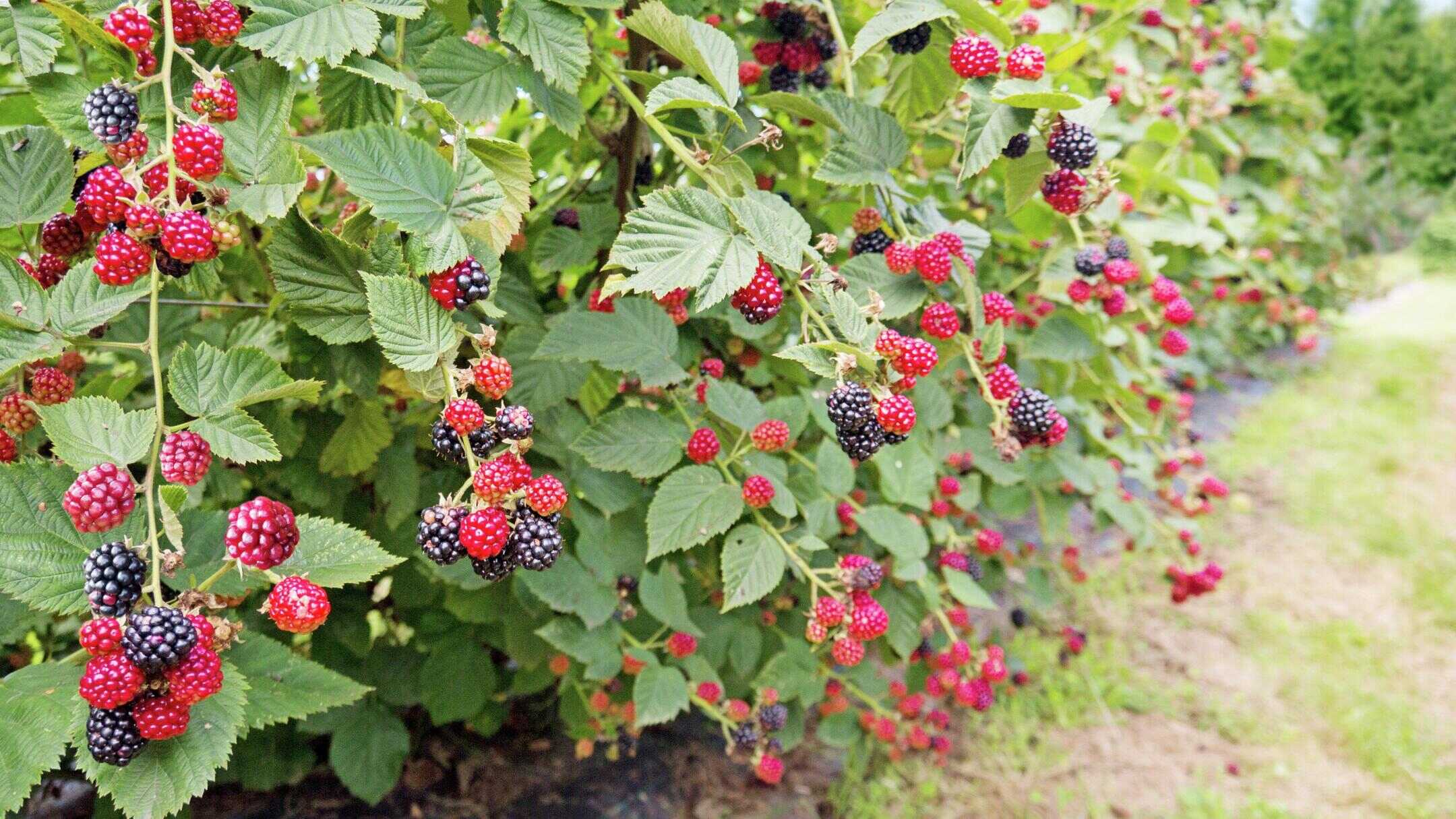
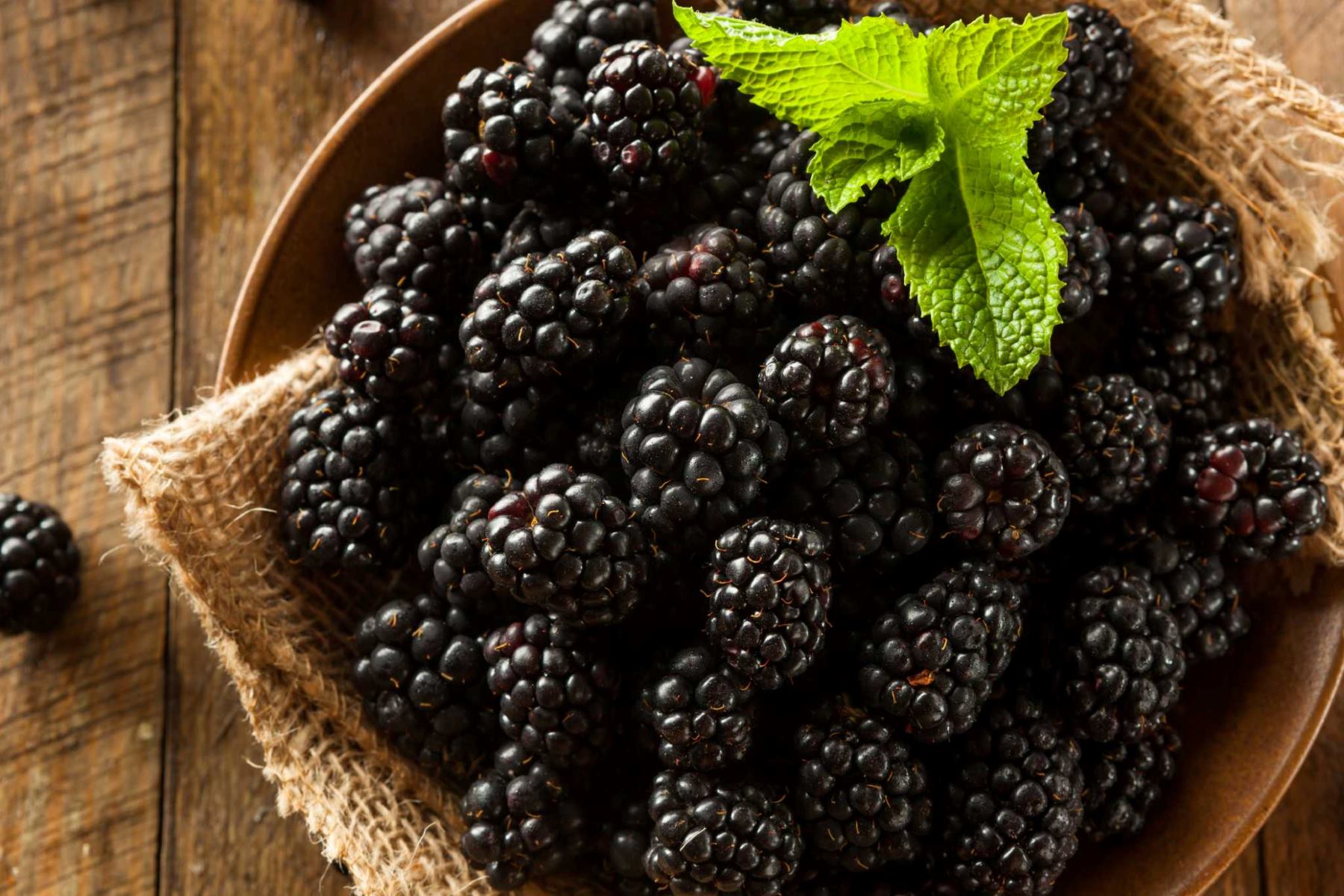

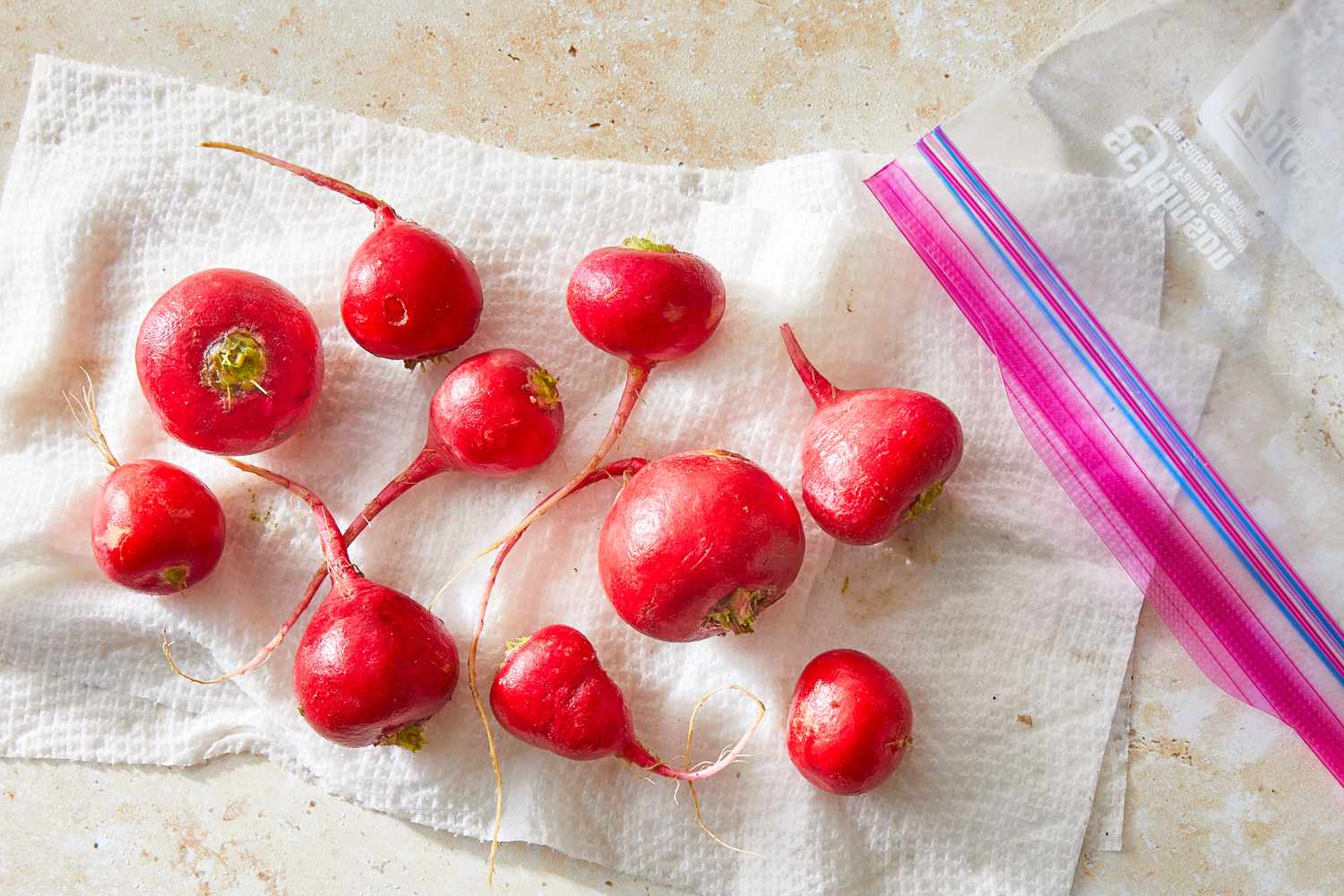

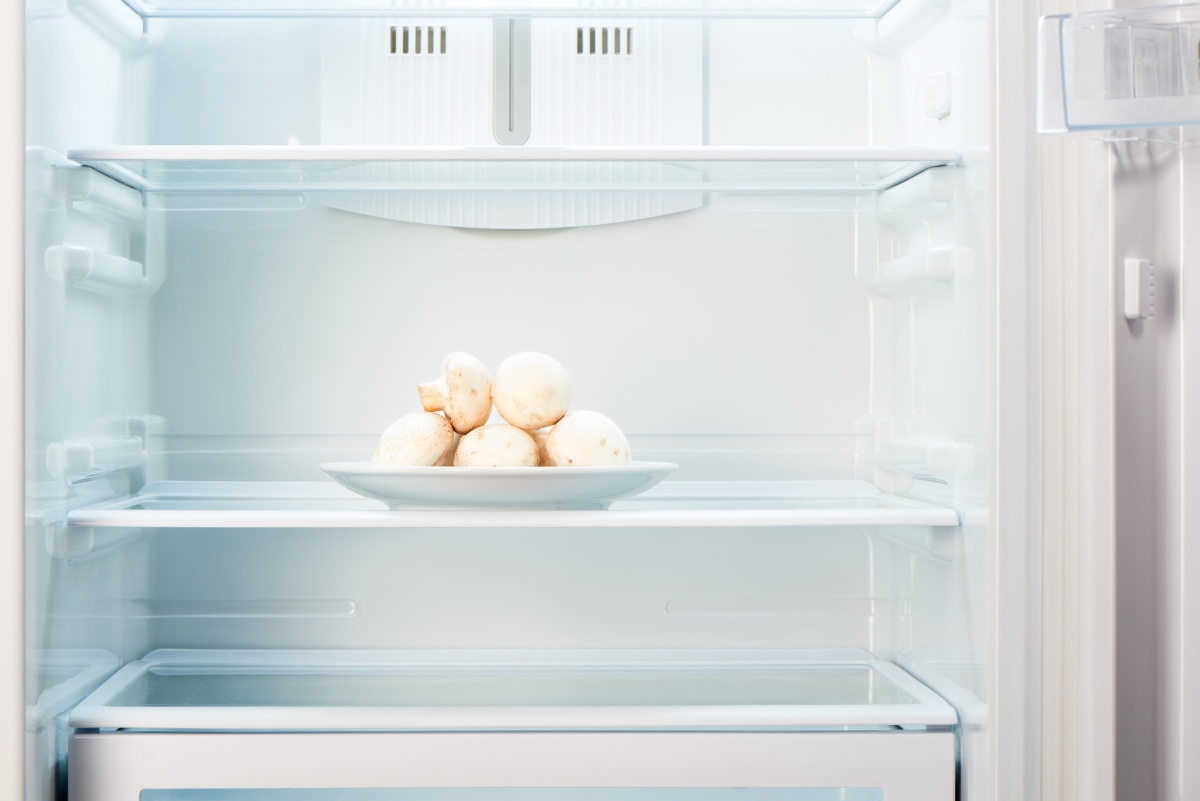
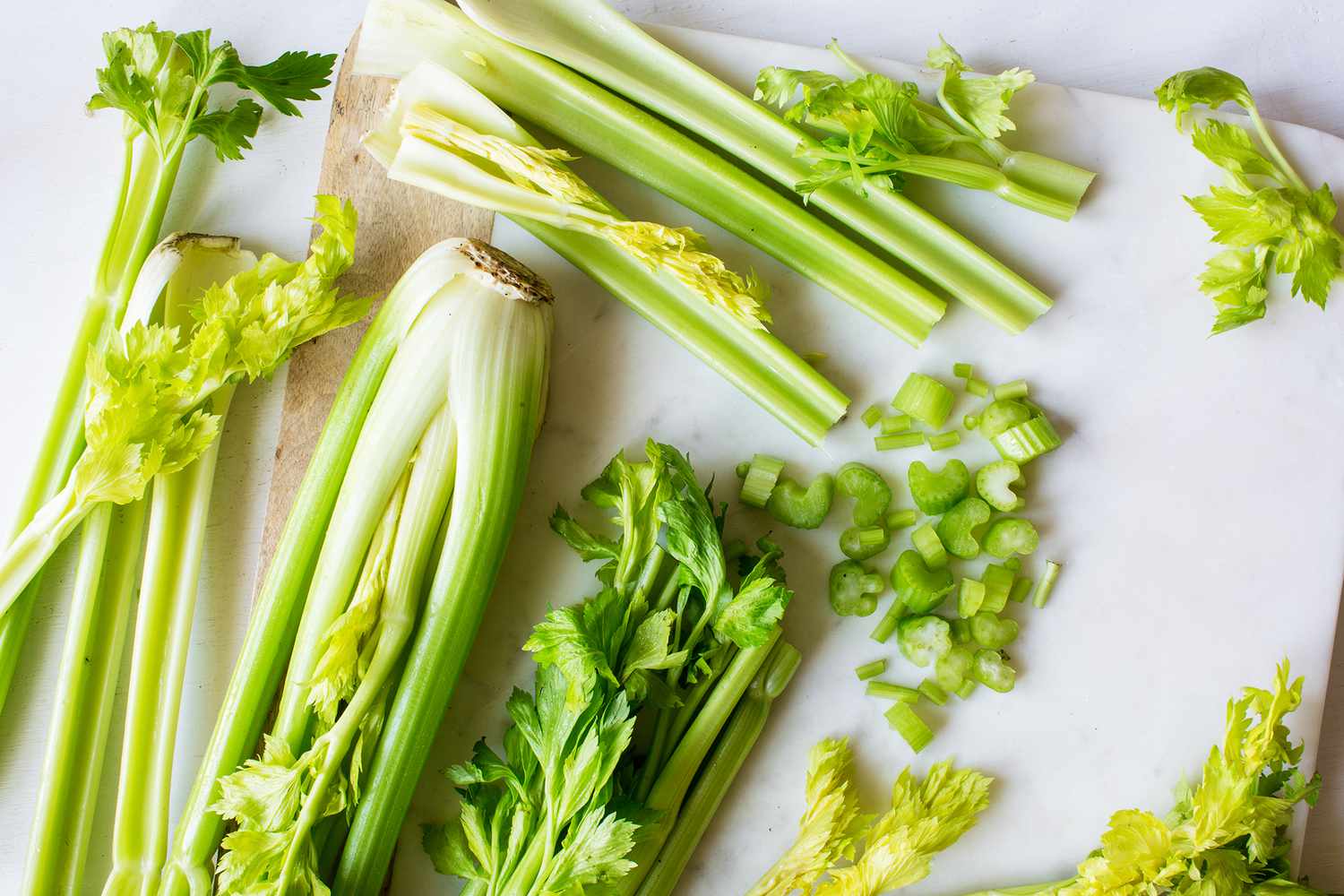
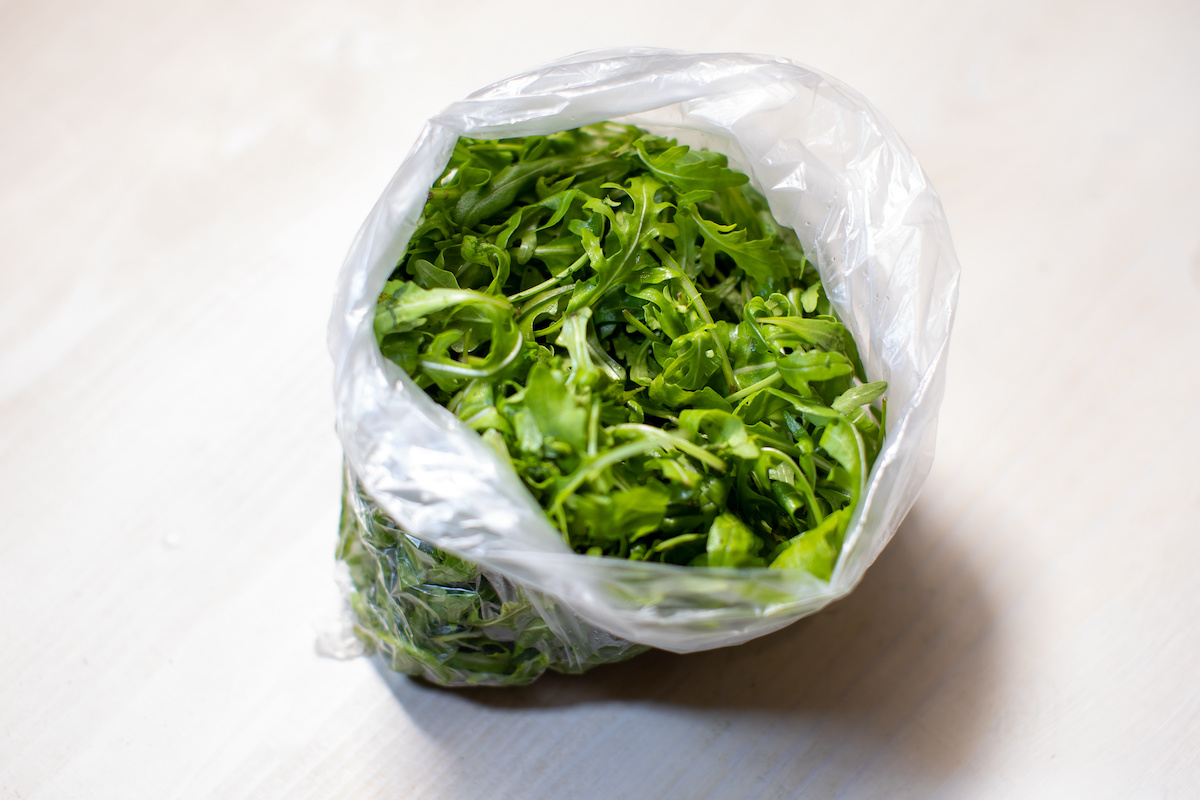

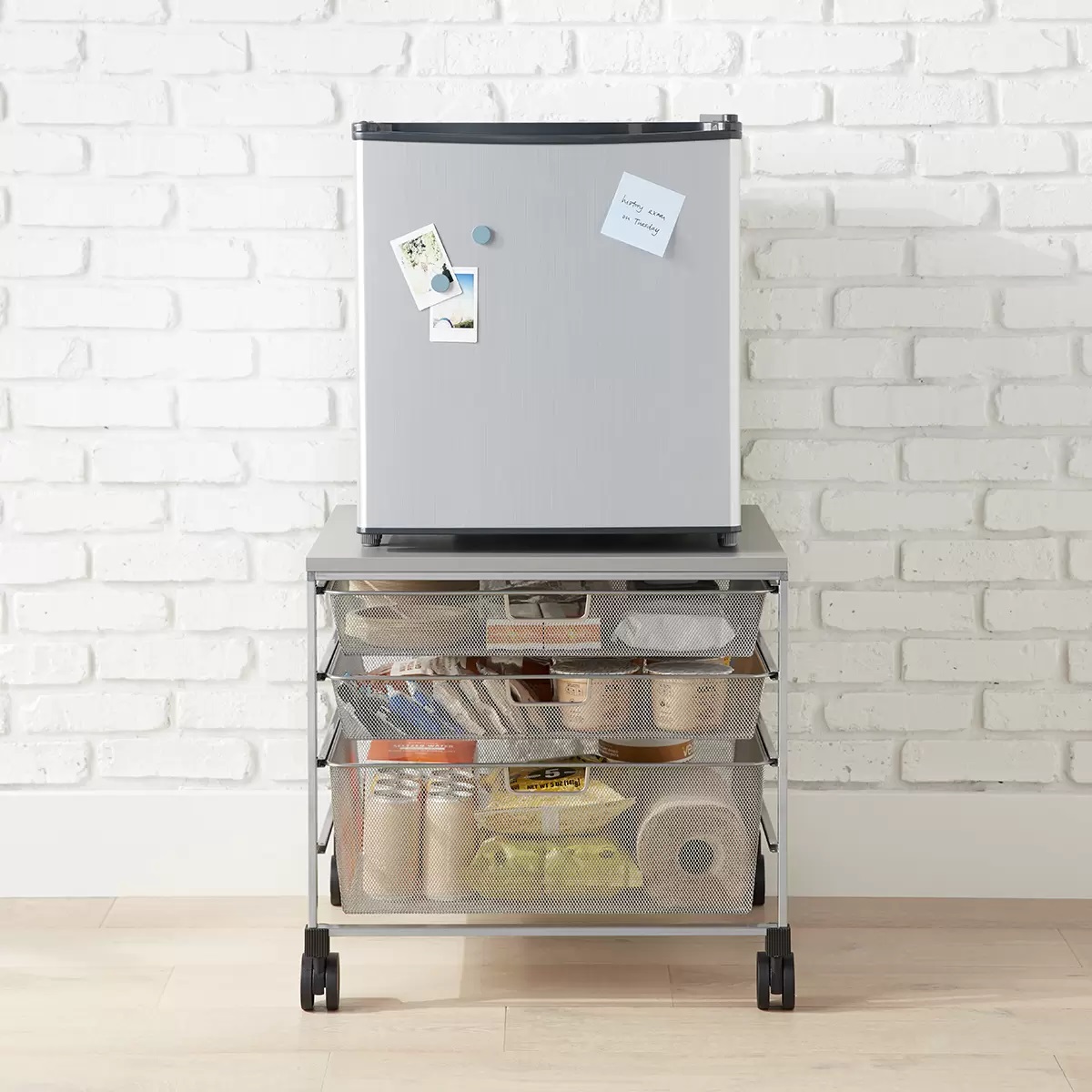
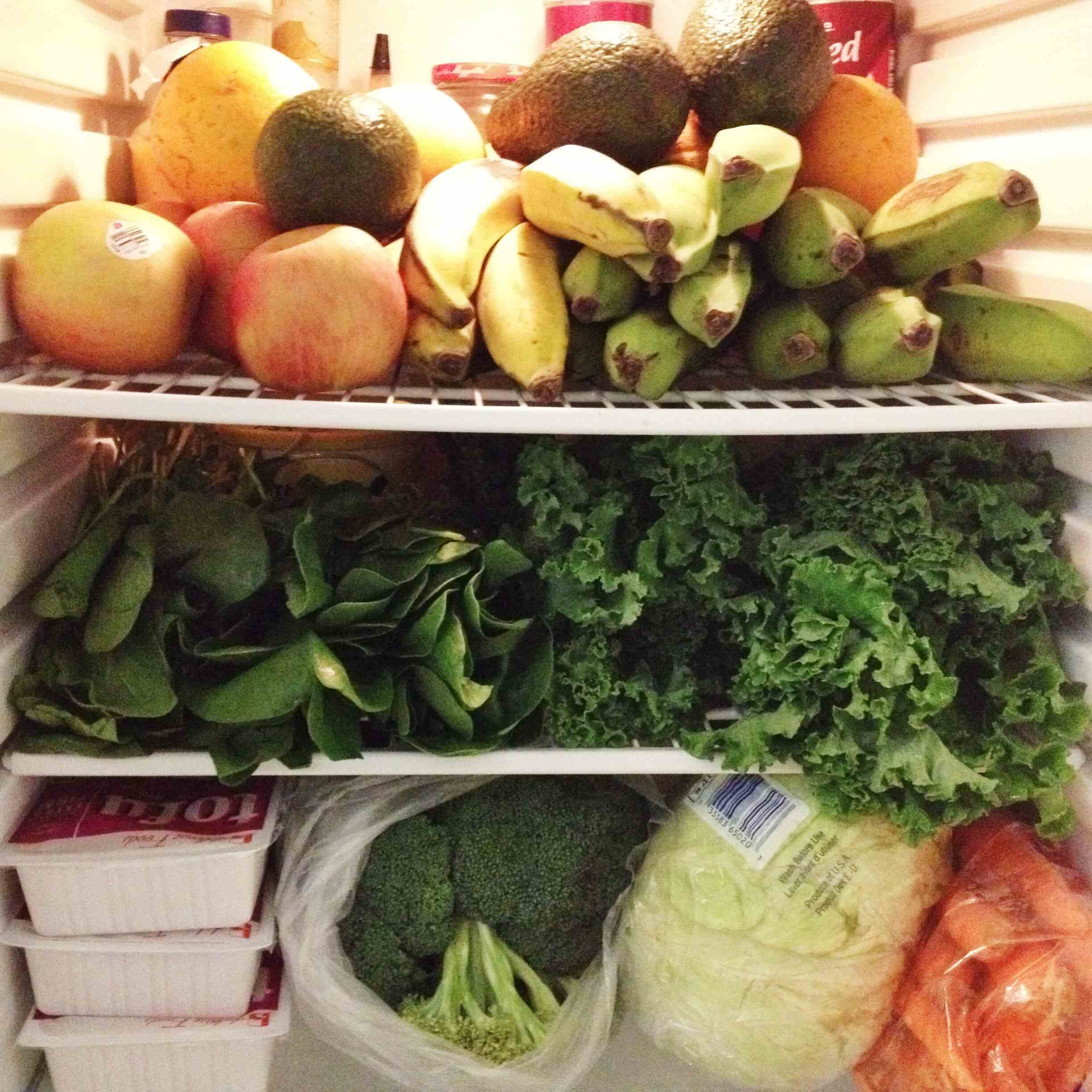
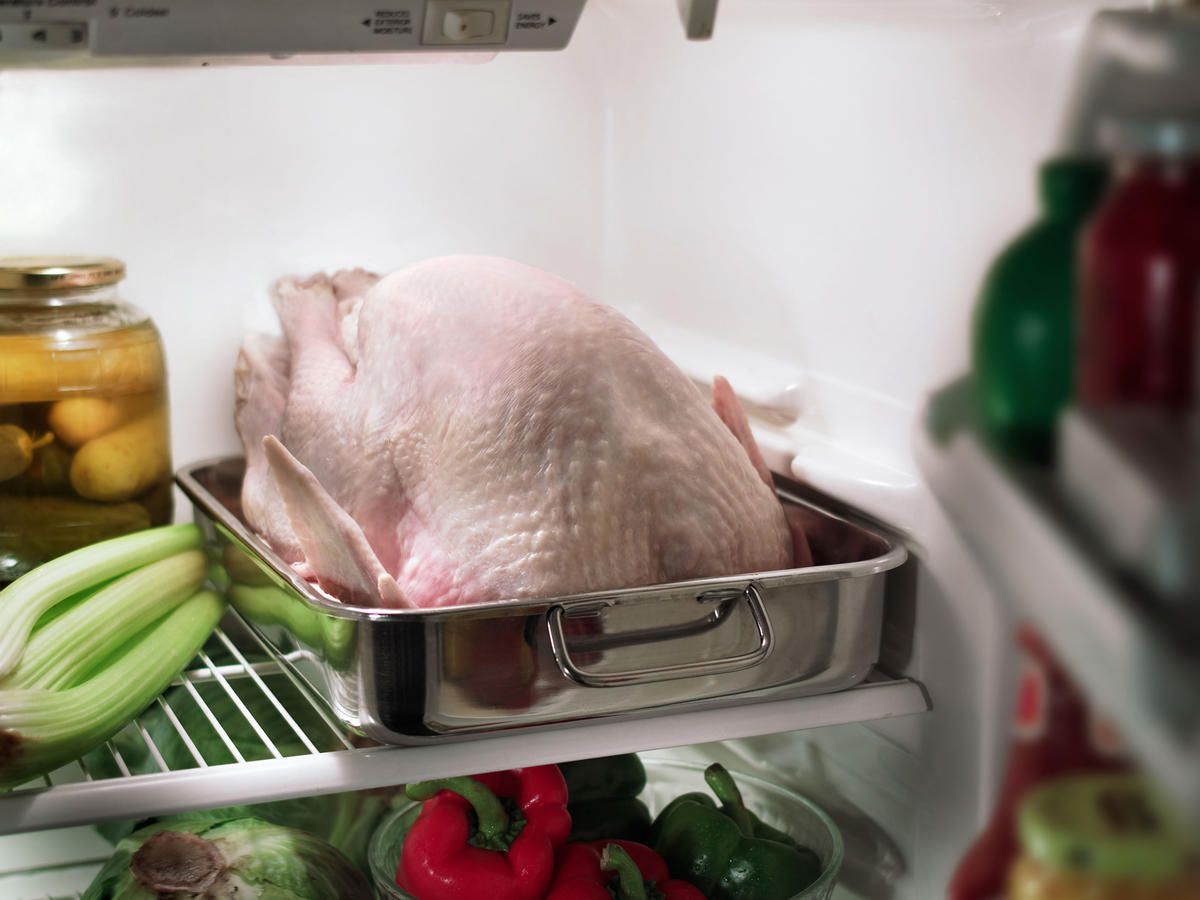
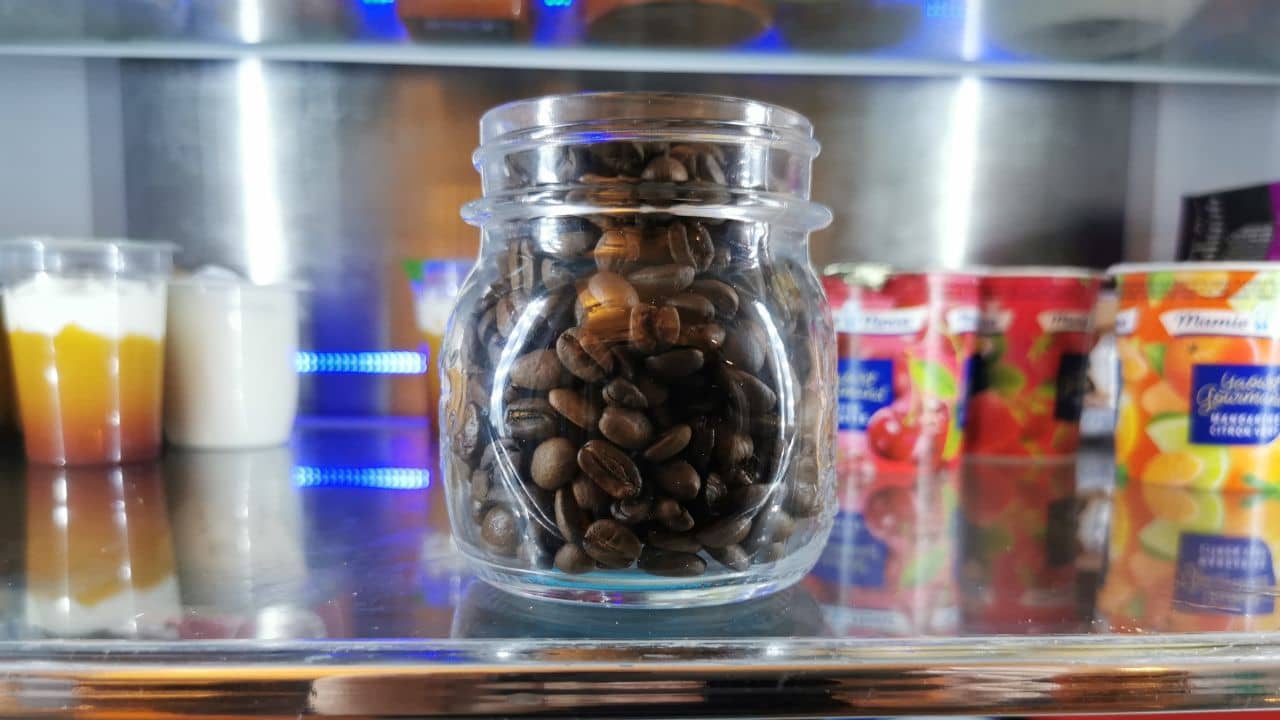

0 thoughts on “How To Store Blackberries In The Fridge”